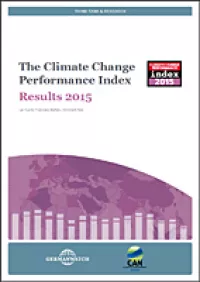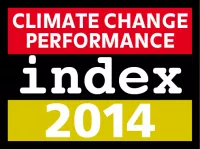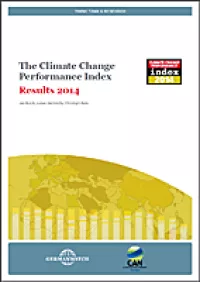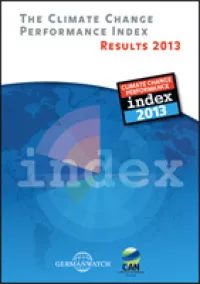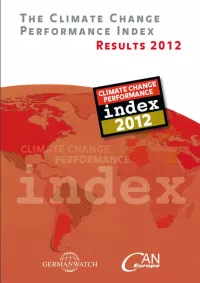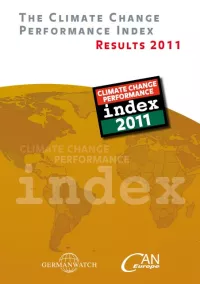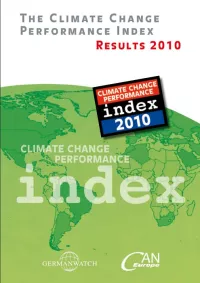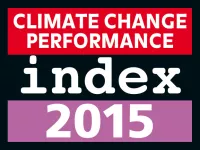
Global emissions have reached a new peak, but recent developments indicate a new readiness for action on climate protection. This is the message of the 10th edition of the Climate Change Performance Index (CCPI); a ranking of the climate protection performance of the 58 highest emitters worldwide published by Germanwatch and CAN Europe at the UN Climate Conference in Lima today. "We see global trends, indicating promising shifts in some of the most relevant sectors for climate protection", said Jan Burck (Germanwatch), author of the Index.

